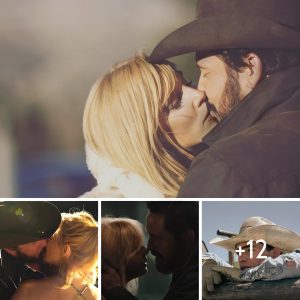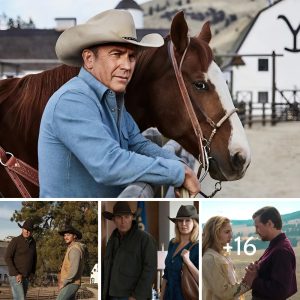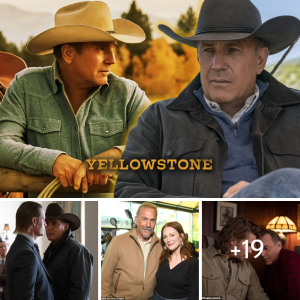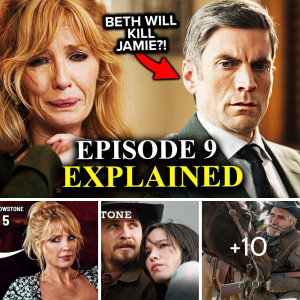Kevin Costner’s absence impacts the storyline as the Dutton family navigates upheaval and
family drama
Yellowstone, the beloved Western drama series, is approaching its highly anticipated conclusion with its
fifth season, leaving fans buzzing with questions about the fate of John Dutton and the series itself. The
recent episode titled “Desire Is All You Need” has been pivotal for both character arcs and the future of the show, particularly due to the noticeable absence of Kevin Costner, who portrays the central figure, John Dutton. This shift in focus has left the series at a crossroads, prompting speculation and curiosity about what lies ahead.
Set against the rugged backdrop of Montana, Yellowstone has captured the hearts of audiences since its debut. The fiercely protective nature of the Dutton family, led by John, has been integral to the series’ identity, weaving through themes of loyalty, betrayal, and the relentless pursuit of power. Yet, with the announcement of the final season, the edges of uncertainty have crept closer, especially as Costner’s departure from the series has shaken up the show’s narrative structure.
Kelly Reilly, who stars as Beth Dutton, has expressed her mixed feelings about the series coming to an end and the character she has brought to life over the past several years. Beth’s relentless nature and fierce family loyalty have kept audiences captivated as she navigates the treacherous waters of her family’s legacy. “It’s been such a fun adventure to put her on. But by the time every summer rolls around where I’m gearing up again, I get excited again to meet her,” Reilly shared, reflecting on her character’s intensity and complexity.
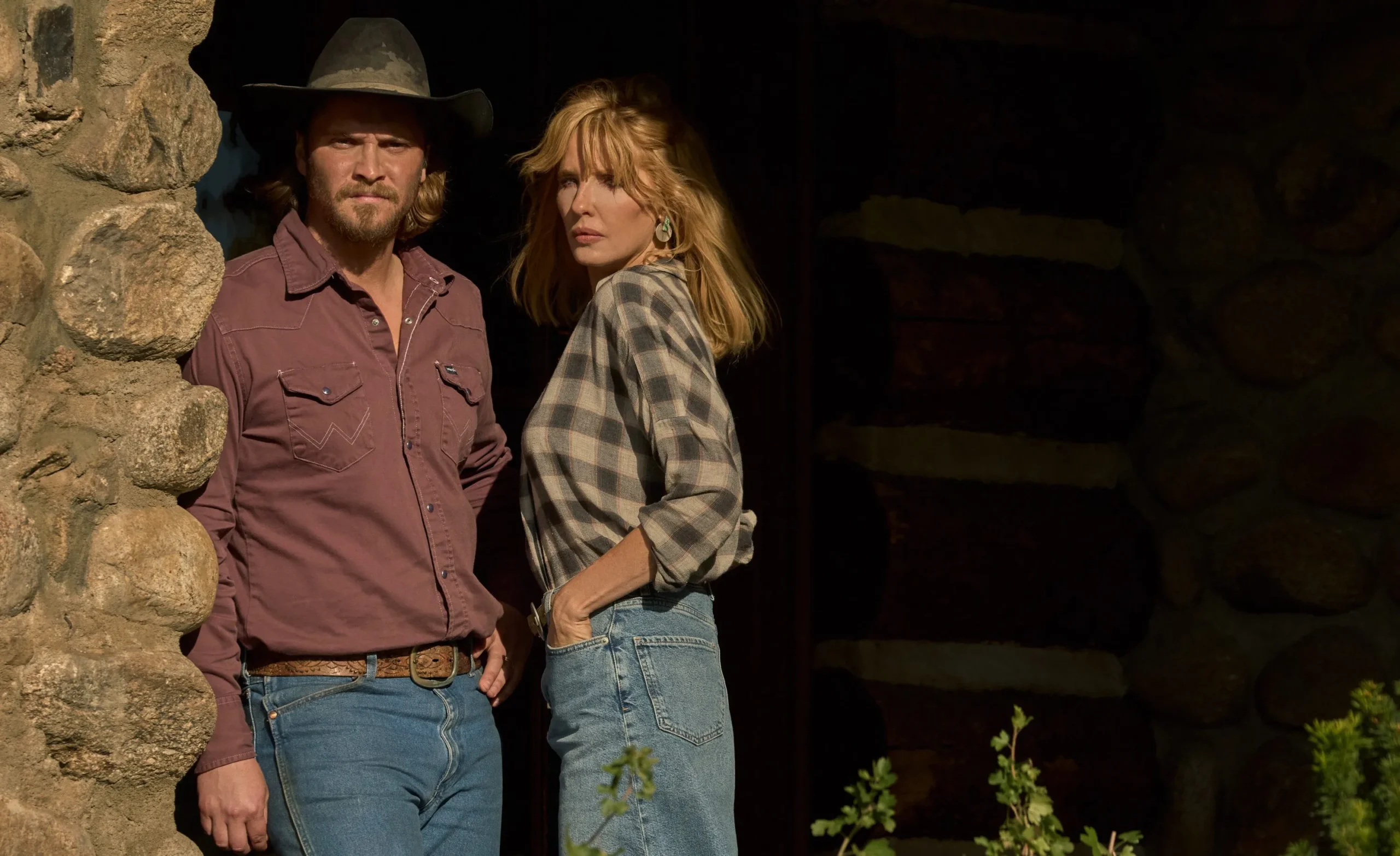
Meanwhile, amid Beth’s explosive confrontations, Rip Wheeler, played by Cole Hauser, is seen grappling with the emotional weight of protecting his loved ones. Hauser’s portrayal reveals layers of his character, demonstrating the strain of family loyalty and aspirations against the turbulent waters of the Dutton legacy. “I believe the numbers speak for themselves, and America has spoken,” he remarked, addressing fans’ sentiments about the show’s ratings and the possibility of it continuing beyond its intended finale.
The series has artfully introduced time shifts within the narrative, including new plot dynamics within the Dutton family. Following the jump six weeks forward, viewers are exposed to how the characters are grappling with John’s unexpected demise and the reality of their legacy diminishing. This setup not only serves to deepen the character arcs but also emphasizes the emotional trauma and familial discord festering beneath the surface. A notable confrontation between Jamie Dutton, who is seen as self-serving and deceitful, and Beth brings forth the mounting tensions simmering among the surviving Duttons, showcasing the show’s focus on unresolved family grudges.
Episode nine made it abundantly clear through stark visuals and emotional portrayals how the Duttons are facing the ghost of John Dutton’s absence. The action unwinds with hints at final confrontations, and the question remains whether the fractured family can pull together to preserve their legacy or whether the cracks will cause irreparable damage.
Fans will also find their attention drawn to how the series chooses to address John Dutton’s abrupt exit. With reports surfacing about Costner’s dissatisfaction with production timelines and his aspirations for his film project, Horizon, which diverted his focus from Yellowstone, creators were faced with the challenge of honoring the character’s legacy. Speculations surrounding his storyline have fueled debates among fans, particularly how his death has been woven seamlessly, yet shockingly, within the existing plotlines.

The consistent thread of family drama shines brighter as the show preserves its gritty premise, even amid these transformative changes. The characters—especially Beth and Jamie—become reflections of the broader struggle within the family, grappling to uphold their values against external pressures and familial strife. This push-and-pull conflict makes Yellowstone not just about ranching or family—it becomes an exploration of what it means to uphold legacies, navigate personal ambitions, and face the consequences of one’s actions within the familial framework.
With each episode setting the stage for high-stakes drama, the show highlights the emotional transformations the Duttons endure. Notably, as Jordan becomes aware of the impacts of their actions—as pain ignites rage, and loss births revenge—these elements pave the way for complex character developments amid looming threats to their livelihoods.
While many are anxious about how the narrative will conclude, Reilly hinted at potential spin-offs, mentioning conversations about the future of Yellowstone. “There are so many conversations happening about what could be next,” she remarked, igniting speculation about whether Beth Dutton’s story could continue, albeit possibly on different terrain.
The rugged charm of Yellowstone has always been its juxtaposition of idyllic landscapes against intense human emotions. The show’s balance of tenderness and turmoil has successfully crafted unforgettable moments, leading fans to become invested not just in the characters but also their deeply intertwined fates. Yellowstone uniquely portrays the frailty of human bonds amid the relentless pursuit of power and control—making each moment razor-sharp and poignant.
At its core, the familial ties depicted within the series serve as reminders of life’s unpredictability. With the final episodes on the horizon, viewers are primed for revelations, transformations, and perhaps, even closure—or so they hope. John Dutton’s departure may represent the closing chapter of one of television’s most storied sagas, yet it also opens new doors for the characters left standing, struggling to carve their paths amid the upheaval.

